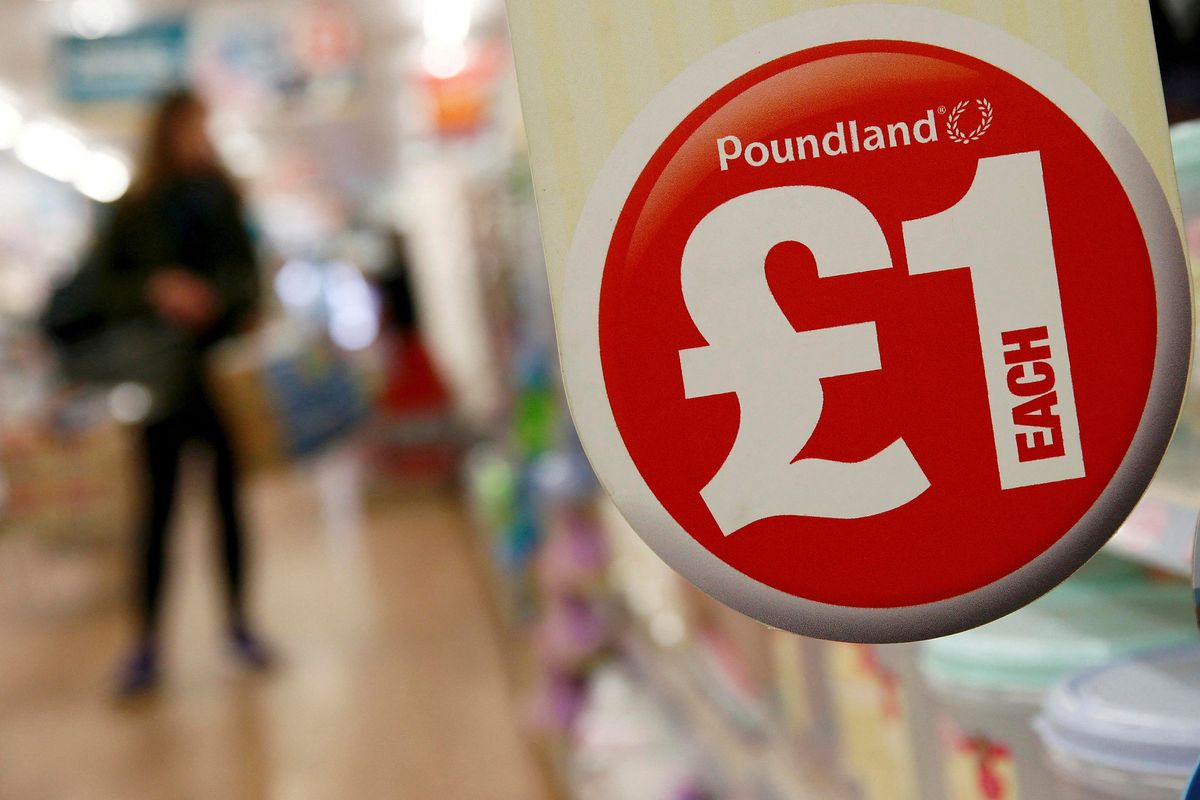Steinhoff's long-running saga nears the end as shareholders vote to dissolve
Last week, Steinhoff's shareholders, without much of another option, voted to dissolve the shell company.

A few minutes every morning is all you need.
Stay up to date on the world's Headlines and Human Stories. It's fun, it's factual, it's fluff-free.
The backstory: In late 2017, a major scandal rocked Steinhoff, a multinational retail company based in South Africa with operations spanning 30 countries. It’s known for brands like Poundland, Pepco and Bensons. The company was accused of some shady accounting that pointed to fraud. A probe began, and the CEO and other top execs stepped down. This was a blow to Steinhoff's stock value, and investors and shareholders took a massive hit. Multiple countries, including South Africa, Germany and the Netherlands, started investigations and lawsuits against Steinhoff, including class-action cases.
Shareholders lost a lot of money when the company’s stock plunged, especially big institutional investors and pension funds that had invested in Steinhoff. Some US banks, like Citigroup and Bank of America, even disclosed millions in losses.
More recently: Fast forward to last January, and Steinhoff secured approval in South Africa for a €1.4 billion (US$1.6 billion) settlement for investors affected by the aftermath of the scandal. The settlement was looking to resolve over US$8 billion of combined claims. That was a relief, especially since the plan had already been approved in the Netherlands.
The company tried to stay afloat, raising money by selling off assets over the past few years. But those bills and debts kept piling up, and it became clear that paying its debt on time was going to be a challenge. In March, the company came up with a restructuring plan to offer creditors 80% of its equity, giving it more time to pay off its debt. But this plan was rejected by shareholders. The idea was to avoid bankruptcy, but the deal would have left shareholders with only 20% of the company.
So then, it offered an updated deal that was meant to be more appealing. In May, Steinhoff’s creditors gave the restructuring plan a thumbs up. But only about 10% of the shareholders approved of the plan. So Steinhoff appealed to the courts to push it through. A month later, a Dutch court gave it the green light to delist and restructure to avoid bankruptcy and liquidation. The thing is, shareholders are really getting the short end of the stick with this deal, and the company's shares took a nosedive on the Frankfurt and Johannesburg Stock Exchanges.
The development: Last week, Steinhoff's shareholders, without much of another option, voted to dissolve the shell company, putting an end to this rollercoaster ride that's been going on for over five years. Creditors will be first in line to receive payment, meaning shareholders who held stock via Frankfurt or Johannesburg listings might not get much, if anything, out of it.
Throughout this whole drama, external parties have received €447 million (US$495 million), according to annual reports, since the scandal began. And the managers at Steinhoff kept getting paid, adding to the frustration of investors. Now, the company will be delisted and a new company has been created for its creditors to manage the books. The arrangement gives it three more years to pay off its debts.
Key comments:
“It’s an absolute disgrace,” said David Shapiro, a money manager at Sasfin Securities in Johannesburg. “Anyone could have seen this company was never going to survive and it would have been better for shareholders if it had been dissolved in late 2017.”
“The opportunities for grandeur are boundless when you are using shareholder’s money,” said Shapiro.
“To me, accounting irregularities means fraud,” said Steinhoff ex-CEO Markus Jooste in 2018. “I was not aware of any accounting irregularities.”
“Our committees want those responsible for the biggest corporate scandal in this country’s history in jail as soon as possible,” said the South African parliamentary committees in 2019 in an emailed statement, regarding the slow progress being made “in bringing the accused to justice.”
“Off-balance sheet companies were set up to hide losses, executives collaborated with each other to defraud investors, and debt was taken on at a massive pace. The warning signs were all there,” said Sygnia Group CEO Magda Wierzycka in 2017.




Comments ()